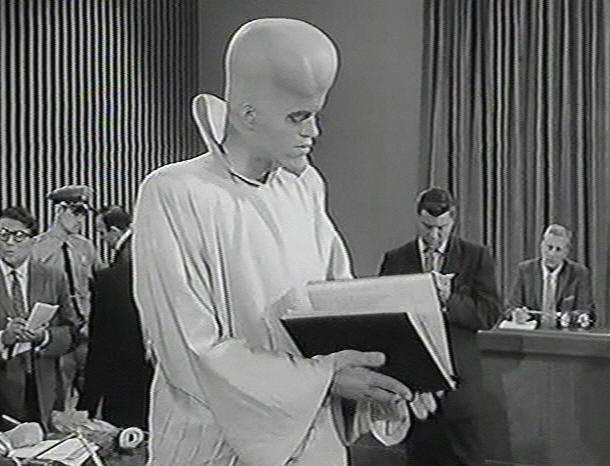Nature is a necessary evil, so I try to do my part: I’m a vegetarian bordering on vegan. But I use a cell phone and do you know how many birds are killed each year by cell towers? Animals are also done in by radio towers and logging and commercial development, and I enjoy products that those industries create. Essentially, for anyone who really cares about animals being treated ethically, diet isn’t enough. So asserts Rhys Southan in his new Aeon essay, “The Vegans Have Landed.” An excerpt about the speculative scenario in which a superior alien race that takes over Earth happens to be vegan–and still ruins us:
“My objection to the alien invasion scenario is more sweeping. If we want to take the interests of animals seriously, then the biggest failure of the analogy is that it underestimates just how malign we are. Sure, if we were replaced as the dominant animals on the planet, we’d probably prefer the new ruling species to be vegan. But if aliens with superior technology and minds came here and were determined to treat us the way that vegan humans treat animals on this planet, we’d still be in serious trouble. Veganism would hardly figure as a safeguard of our wellbeing.
Universal veganism wouldn’t stop the road-building, logging, urban and suburban development, pollution, resource consumption, and other forms of land transformation that kills animals by the billions. So what does veganism do exactly? Theoretically, it ends the raising, capture and exploitation of living animals, and it stops a particular kind of killing that many vegans claim is the worst and least excusable: the intentional killing of animals in order to use their bodies as material goods.
Veganism, as a whole, requires us to stop using animals for entertainment, food, pharmaceutical testing, and clothing. If it were to become universal, factory farming and animal testing would end, which would be excellent news for all the animals that we capture or raise for these purposes. But it would accomplish next to nothing for free-roaming wild animals except to stop hunting, which is the least of their problems.
The International Union for Conservation of Nature in Switzerland, the world’s first global environmental organisation, says:
Analyses of the data on threats to bird, mammal and amphibian species… show that the most pervasive threat that they face is habitat destruction and degradation driven by agricultural and forestry activities.”
Tags: Rhys Southan

